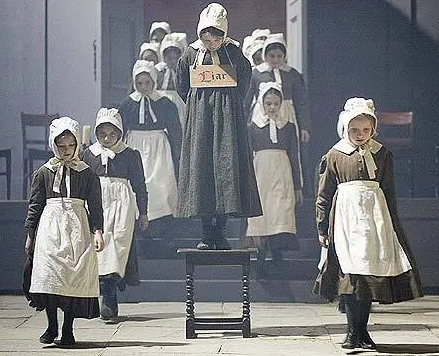The Role of Education in Jane Eyre
Education plays a pivotal role in shaping the identity and destiny of characters in Charlotte Brontë’s “Jane Eyre.” As a novel that deftly intertwines themes of class, gender, and morality, education emerges as a fundamental mechanism for social mobility and personal development. Understanding its significance helps readers appreciate Jane’s journey from orphaned poverty to self-assertive independence.
The Importance of Education in Jane’s Life
For Jane Eyre, education is more than just a means to acquire knowledge; it is a pathway to empowerment. As a girl raised in a harsh, uncaring environment, Jane’s access to education opens doors that would otherwise remain closed. Her time at Lowood School, where she faces adversity but also learns resilience and critical thinking, marks a turning point in her life. Education equips her with the skills needed not just to survive, but to assert her individuality and challenge societal norms. Through Jane’s experiences, readers learn that education is not solely about formal schooling; it is also about self-discovery and moral growth.
The Class Divide and Educational Opportunities
The novel vividly illustrates the contrasting educational opportunities available to different social classes. While Jane receives a basic education at Lowood, other characters like Blanche Ingram enjoy the luxuries of a more elite upbringing filled with refinement and resources. This disparity reflects broader societal issues related to class and gender. Jane’s struggle to gain an education sheds light on how systemic barriers prevent many from achieving their potential. By highlighting these inequalities, Brontë calls into question the structures that govern access to knowledge and underscores the need for a more equitable educational system.
Education and Personal Independence
As Jane matures, her education becomes a symbol of her independence and self-worth. Unlike many women of her time, Jane asserts her right to pursue a fulfilling life, aided by her intellectual capabilities. Her role as a governess is a testament to the significance of education in achieving financial and social autonomy. Despite the constraints imposed on her as a woman, Jane’s journey illustrates that education empowers not only through the acquisition of skills but also through the cultivation of confidence and self-respect. The character of Jane Eyre serves as a powerful example of how education can foster resilience in the face of societal limitations.
In conclusion, “Jane Eyre” offers profound insights into the transformative role of education in shaping identity and fostering independence. Brontë skillfully demonstrates that education is essential in overcoming life’s obstacles and achieving personal aspirations. Whether you’re a student, educator, or simply a literature enthusiast, exploring these themes can deepen your understanding of the novel and its relevance today. Take a moment to reflect on how education has impacted your own life and the lives of those around you.
